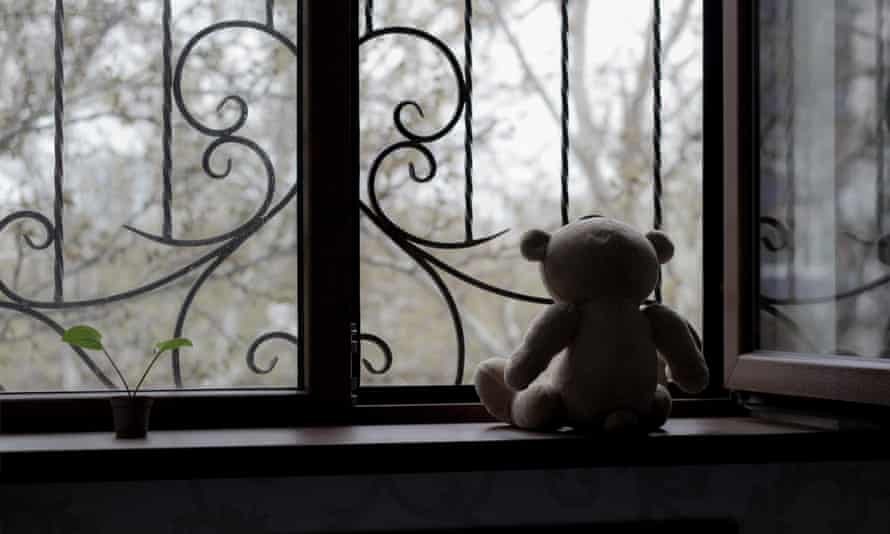Society of Jesus admits 81 children and 21 adults were sexually abused by 96 of its members since 1927
Thu 21 Jan 2021 16.18 EST
The Jesuit order in Spain has admitted that 81 children and 21 adults have been sexually abused by 96 of its members since 1927, and has apologised for the “painful, shameful and sorrowful” crimes.
In a report released on Thursday, the Society of Jesus, whose members often work as teachers, said most of the abuse had taken place in schools “or was related to schools”.
According to the document, 48 of the 65 Jesuits who abused children are dead. Four of the surviving abusers are no longer Jesuits and 13 have been prevented from working with children pending the outcome of civil or canonical cases, or have already been ordered to cease their ministry and sent to isolated Jesuit communities.
The order said the 96 Jesuits who carried out abuse of children and adults between 1927 and 2020 represented 1.08% of its members over the period.
Antonio España, the order’s provincial superior in Spain, said the abuse filled its members with shame and pain.
“We want to learn to apologise to the victims and to society for the abuses, for the culture of silence, and for not facing the facts fair and square,” he said. “We also want to bear in mind that there are people who’ve suffered these wounds and we’re trying not to increase the pain they feel.”
The order did not name the abusers, telling El País newspaper: “We want to find a balance between avoiding a witch-hunt and sending a message to possible victims that they can trust in our desire to seek out the truth.”
It said it was committed to transparency, adding that protocols and plans had been devised to guarantee that Jesuit institutions were “safe places for children and vulnerable people”.
The order said it believed some people had come forward to report abuse over the past two years using the email address proteccion@jesuitas.es, which it had set up to help victims.
Infancia Robada (Stolen Childhood), an association that represents victims of childhood abuse, welcomed the report but said its figures were “ridiculous” given the era in which many of the crimes had happened.
“They seem to have forgotten that victims don’t report abuse when they want to – it’s something they only do when they can,” said the association’s president, Juan Cuatrecasas. “In 1927, no one would have been able to report something like this. We appreciate the effort that the Jesuits have gone to by diving into the past and providing dates and statistics, but this should be seen as the very beginning of something else – of acknowledgement and recognition.”
Cuatrecasas said the Jesuits needed to talk to the victims and set about the process of punishment and compensation.
In 2018, Pope Francis – who is a Jesuit – acknowledged the failures of the Roman Catholic church in dealing with sexual abuse by priests, attacking a “culture of death” and deferential “clericalism” that he said helped perpetuate evil.
But he was criticised the following year for failing to take concrete action on the matter and for arguing that the sexual abuse of children was not confined to the church but had, historically, been “a widespread phenomenon in all cultures and societies”.

No comments:
Post a Comment